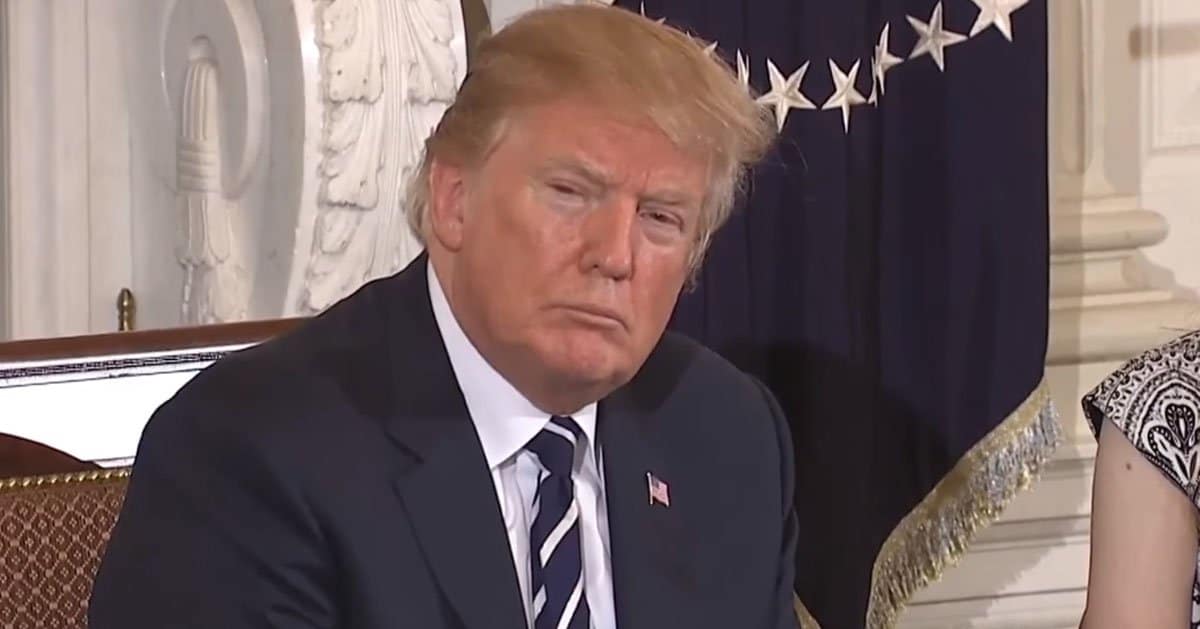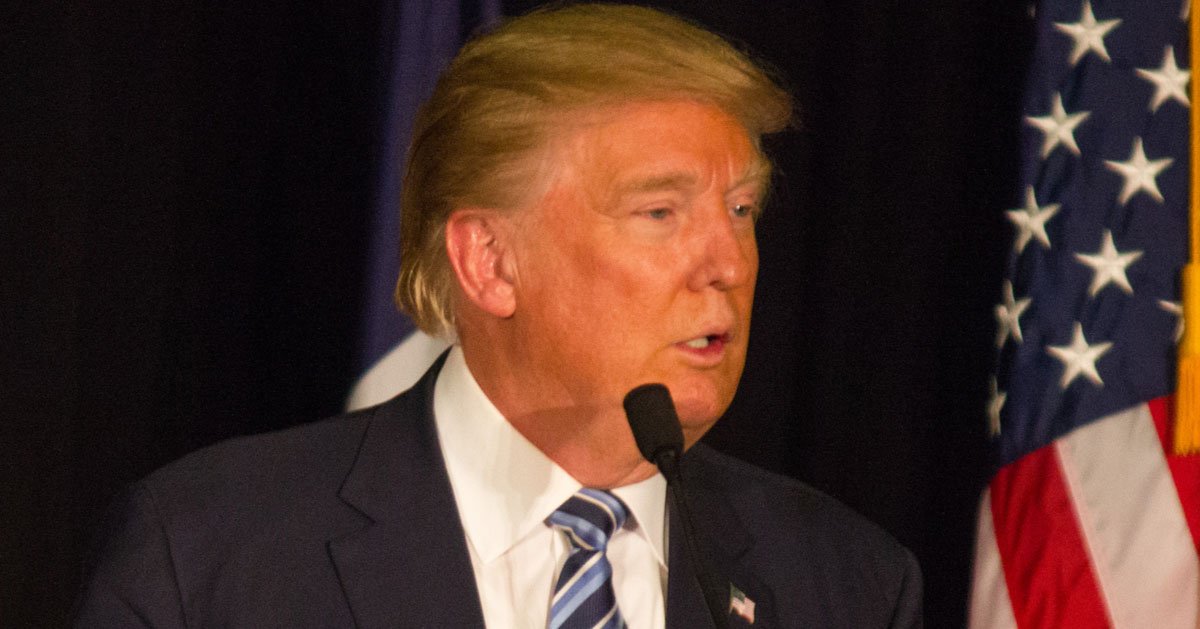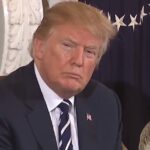








In a surprising turn of events, U.K. Prime Minister Keir Starmer and U.S. presidential candidate Donald Trump convened for a private dinner at Trump Tower, New York, after Starmer's United Nations address.
Politico reported that during their first face-to-face meeting, the leaders discussed the enduring partnership between their nations and mutual interests. Starmer reportedly snubbed Harris to meet with Trump indicating where the UK is putting their money on November's election.
After delivering a speech at the U.N. General Assembly, U.K. Prime Minister Keir Starmer joined Donald Trump for dinner on Thursday evening, New York time, which corresponded to early Friday in London.
This marked their first direct interaction, with Starmer clearly working to pave over past attacks on Trump in recognition of Trump's possible ascendency to the White House.
Prime Minister Starmer and President Trump focused on the historic friendship between the U.K. and the U.S. during their meeting. Their conversation underscored the significance of continued cooperation and alliance.
Both leaders seemed keen on portraying a united front, reflecting on shared goals and strategic interests that benefit both countries.
This interaction comes amidst concerns about potential shifts in U.S. foreign policy depending on the outcome of the upcoming presidential election.
Accompanying Starmer were U.K. Foreign Secretary David Lammy and Border Security Minister Angela Eagle, both of whom have previously expressed skepticism towards Trump's policies. Their presence indicated the importance of the meeting, which aimed to bridge differences and reinforce diplomatic ties.
Immediately following the dinner, Starmer returned to the U.K., highlighting the brevity and focused nature of the visit. The meeting's timing was crucial, as Starmer was unable to secure a meeting with Kamala Harris, Trump's primary rival in the upcoming election.
At a press conference held at Trump Tower, Trump spoke highly of Starmer, applauding his recent electoral performance and popularity. He described Starmer as "very nice" and praised his effective campaign strategies.
Trump also took a moment to comment on his longtime friend and political ally, Nigel Farage, leader of Reform UK. He remarked on Farage's electoral success and discussed the peculiarities of the British electoral system that Farage navigated during his campaign.
The backdrop of the dinner was fraught with international concerns, particularly regarding Trump's previous criticisms of the United Nations. There are worries that a Trump presidency might lead to reduced U.S. support for the U.N., a pivotal institution in global governance.
These concerns added a layer of urgency and complexity to the discussions between Starmer and Trump, as both leaders navigated the delicate balance of domestic agendas and international diplomacy.
During his U.N. address, Starmer articulated a vision of strengthened internationalism and adherence to the rule of law. He challenged the prevailing sense of fatalism and called for a reaffirmation of the U.N.'s foundational principles.
Starmer's speech emphasized the necessity of collective action and the importance of maintaining a rules-based international order, reflecting his commitment to these ideals in his diplomatic engagements.
In 2019, Starmer sharply criticized Trump, associating his endorsement with problematic politics during Boris Johnson's campaign. This previous stance makes the recent diplomatic engagement between Starmer and Trump particularly notable, highlighting a shift towards more pragmatic diplomacy.
Their interaction might signal a recalibration of U.K.-U.S. relations, especially as both countries navigate significant political and economic challenges on the global stage.
The outcomes of this meeting could have far-reaching implications for the future of U.K.-U.S. relations, particularly if Trump secures the presidency. The dialogue has set a foundational tone for potential cooperation or conflict, depending on political developments in both countries.
As the world watches, the strategic choices made by Starmer and Trump will undoubtedly influence the international alignment between the U.K. and the U.S., underscoring the significance of this high-profile meeting.



